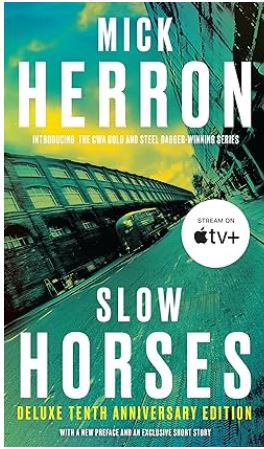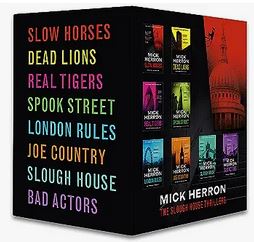Following on from the above post: I can see why someone at age 86 might not be interested in sex… but youngins?
A new poll found that Gen Z isn’t very interested in steamy sex scenes in their entertainment.
The survey of 1,500 respondents was conducted by researchers at UCLA. It found that almost half of Gen Zers aged 13 to 24 (47.5%) said sex “isn’t needed” for most TV shows and movies. A significant amount (44%) also said romance is “overused” as a plot device.
So what do they want instead? A majority of the respondents (51.5%) say they would like to see more stories about platonic friendship.
I can see why this is, though. Back in the day soon after the wheel was invented (i.e. when I was at the age of the Gen Z group), if you wanted to see sex, you’d have to watch movies where a couple would kiss and the scene would cut to the next morning, showing them fully dressed and having coffee.
Or you could read a Jilly Cooper novel.
Nowadays, of course, PornHub or xHamster are but a mouse-click away for anyone to watch not just a single sex scene, but dozens upon dozens, until you are heartily sick of the whole thing. (Or so I’m told.)
Under those circumstances, I can quite see why Gen Z doesn’t care about sex scenes in movies, and would prefer to see movies about platonic relationships. They can have video sex anytime they want; what they can’t get on any Internet channel is how to handle a friendship.
But platonic relationships? That’s almost as bad as “Young mother, who has just lost her only child to a terrible illness / car accident, goes back to her home town to rebuild her soured relationship with her aging father.” Great Caesar’s bleeding eyeballs, that’s enough to make me venture over to yet another true-crime show on Discovery+. Kill me now.
On the other hand, though, I have to defer to the late and brilliant novelist Alistair MacLean, none of whose popular novels had so much as a passionate grope in the story, let alone a full-ahead bonking. MacLean put it quite simply: “Sex scenes slow the story down.” And he was quite right, of course, and the same is true for the movies.
Anyway, most sex scenes in movies are soft-core thrustings, which I’ve always found somewhat insulting. And the ones that are “courageous” [/pretentious movie critic] end up being horribly depressing, as though the director can’t get himself/herself to show sex as being actual fun, or loving.
And it’s still true that doing an explicit sex scene most often spells the end of the actor’s career (anyone seen a decent movie with Chloë Sevigny since Brown Bunny was released?), so the best one can hope for is some wannabe / usetabe actor doing the dirty.
And who cares about that? Not I and, it definitely seems, not Gen Z.



